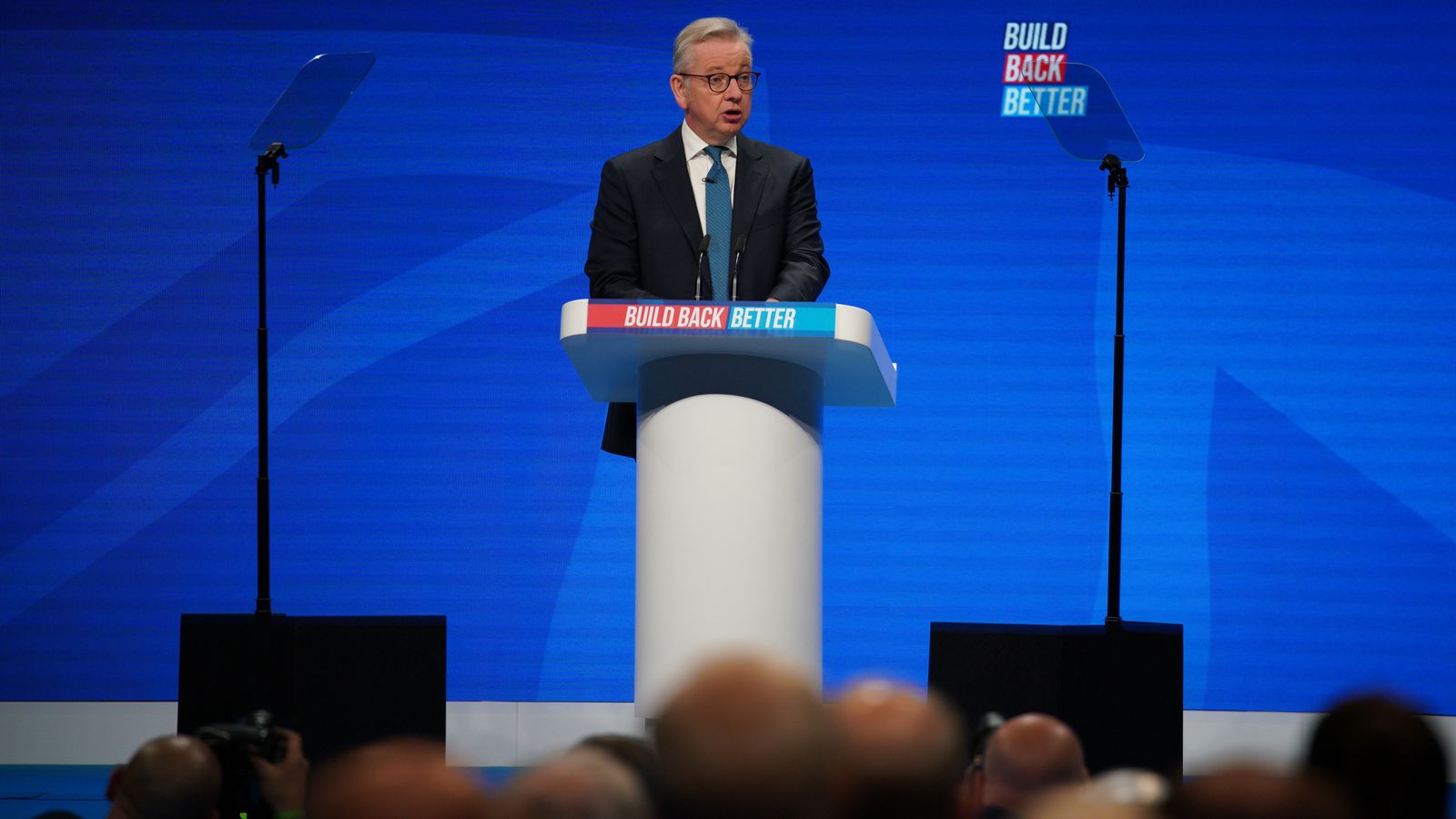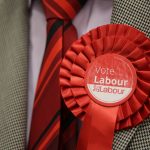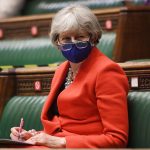More than two years after entering government, we finally have the official definition of levelling up – Boris Johnson’s signature policy goal.
It was set out by the man in charge of his new super-ministry, Levelling Up Secretary Michael Gove, the longest-serving cabinet minister in Mr Johnson’s cabinet, after months of complaint about a lack of vision.
It also comes after months of angst in the Conservative Party that levelling up was starting to cause internal tensions, with a growing perception it was pitting northern ‘red wall’ seats against traditional Tory areas, with the party’s old heartlands losing funding in favour of the seats won in 2019.
The June by-election defeat in Chesham and Amersham on a 25% swing from the Tories to the Liberal Democrats crystalised those worries.
Today Mr Gove sought to address those by setting out four objectives for levelling up.
“We want to strengthen local leadership to drive real change. We will raise living standards especially where they are lower. We will improve public services especially where they are weaker.
“And we will give people the resources necessary to enhance the pride they feel in the place they live,” he said.
Sarah Everard murder: Met commissioner rules out resigning as she announces review into standards
Boris Johnson does not rule out shortages at Christmas – but says it will be ‘considerably better’ than last year
Boris Johnson doesn’t rule out issuing more visas for lorry drivers – but insists no return to ‘low-wage immigration’
The breadth of this ambition clearly goes beyond the levers in Mr Gove’s control: if he was personally accountable for achieving all four of these goals, he would be the most powerful figure in government.
Live updates from the Conservative Party conference
Other cabinet ministers – especially the Treasury – will have their say and ideas about competing priorities. This is a whole government project for Mr Gove, which he must curate. Neither is this vision of public services without its challenges.
Mr Gove was speaking hours after Chancellor Rishi Sunak had received warm applause for embracing fiscal discipline, which will mean a tight settlement for public services in the spending review later this month. The education department, for instance, has been asked to find savings as part of the settlement.
When it comes to the ambition to strengthen local leadership, the tensions between local and national leaders was on show barely a year ago here in Manchester. Labour metro mayor Andy Burnham went toe to toe with Mr Johnson over COVID rules, causing angst and anger in government leading to questions about whether new metro mayors would go ahead.
Mr Johnson’s government has never liked alternative political power bases, be they metro mayors or leaders of the nations of the United Kingdom.
However the most challenging levelling up goal will be to fulfil the promise to raise living standards, a brave commitment given the pressures now faced by the government.
Record energy prices, inflation, tax rises and ending the universal credit uplift will all squeeze household budgets in the coming months. How long supply line disruption lasts, one of the reasons behind the fuel shortages, remains a massive unknown.
Talking to cabinet ministers in Manchester, there is a clear split over how to approach the coming months.
Some want to tough it out, as Business Secretary Kwasi Kwarteng suggested in his interview on Conservative Home on Friday. Some cabinet ministers believe British voters can tolerate a level of disruption for a while, understanding that building back after the pandemic is far from straightforward.
They believe the public will have patience with the transition to a different post-Brexit, post-pandemic economic model, which Mr Kwarteng has suggested could take a year.
Others are explicit: “I am worried about cost of living pressures” said one, as discussions about further help for low paid families this autumn are delayed.
The tough-talking tone adopted by some worries other cabinet ministers, who think there is no reason not to show empathy, even as the solutions remain unclear.
Meanwhile the environment secretary has been pushing for more visas for parts of the agriculture industry suffering labour shortages.
One cabinet minister said Home Secretary Priti Patel has typically objected to requests by colleagues for more visas for certain sectors, although she did not stand in the way of short-term visas for hauliers.
Asked about labour shortages, new Trade Secretary Anne Marie-Trevelyan made clear that responsibility lies with businesses.
“Government needs to make sure we provide tools in education and support frameworks. But at the end of the day, it’s business who hold this,” she told Sky News.
Here in Manchester it’s boom time for lobbyists. They are being employed to argue on behalf of businesses for more visas for different sectors. Champagne is flowing every night. It is unclear though whether those who pay for the drinks will get their way.






















